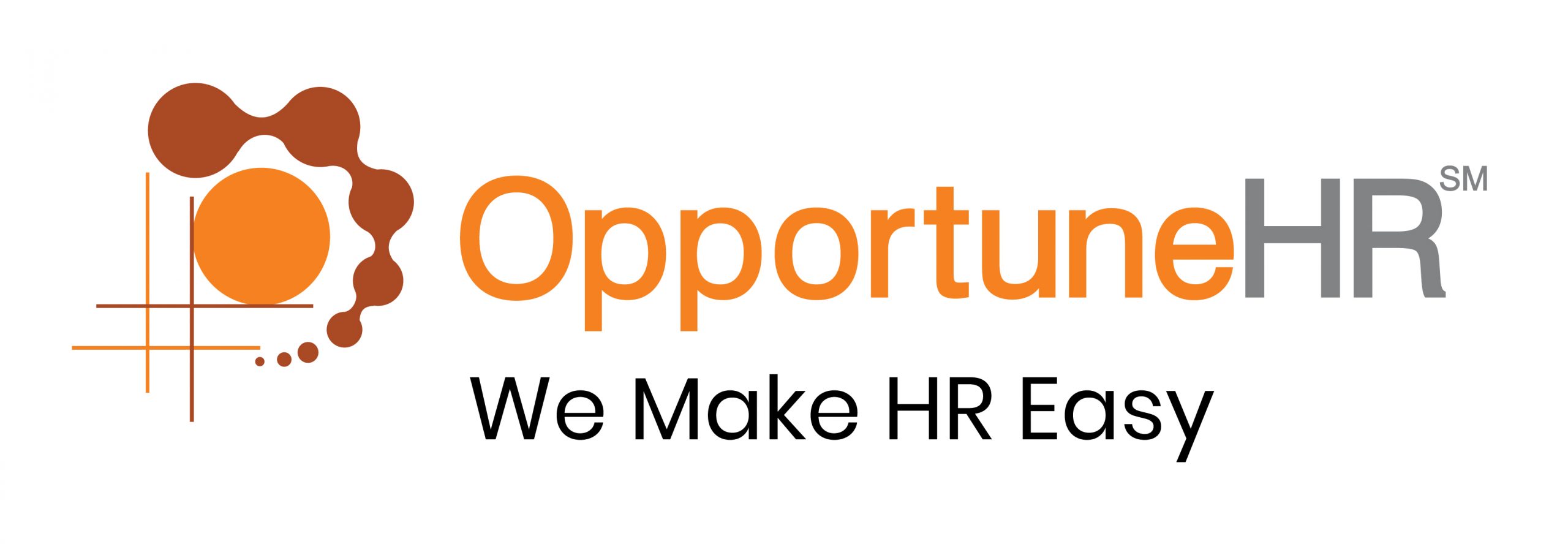HR policies and documents are essential for every company. These policies create a framework for employees and let them know how to conduct themselves. It also creates a safe and sound working environment for everyone, ensuring that employees are treated equally and fairly.
HR policies and documents aim to manage organisational functioning and enhance employee productivity. The HR policies and documents create a solid base, saving the company from legal troubles, too.
What are HR policies and documents?
HR policies can be described as a set of norms and concepts that regulates organisational interaction with workers. The drafting of such policies is called documentation. Every firm requires policies to promote regularity in behavior and equal employee relations.
Why are HR documents important?
Documentation legitimises the work activities. Keeping up the documentation precisely bolsters HR goals, such as planning succession and promotions. When HR documents are arranged appropriately according to the organisational policies, it leads to a good HR foundation.
Important HR policies every business in India should consider–
Employee contract
In India, it is important to have proper documentation of employees working in a company. Employee contract acts as an umbrella covering the entire agreements and policies list.
Wages of employees
One of the most significant aspects related to managing employees is their payroll. HR department must comply with government regulations and give employees competitive salaries.
There are different acts passed by the government that cover wages. The most prominent one among them is “The Minimum Wage Act, 1948″. There is a particular wage that is referred to as the minimum wage by this act for both skilled and unskilled workers. This act also mandates that employees get a basic salary to bear expenses.
Apart from this, ” The Payment of Wages Act, 1936″ advocates that the monthly salary of employees should be given on an agreed date; it further states that there should be no unwanted deductions. Hence, companies must follow laws to remain compliant and also competitive. It is the most critical aspect related to HR policies in India.
Leave policy
Every company should consider the needs of employees and draft a good leave policy. This will help employees know the number of leaves they are entitled to take within a year. Furthermore, there should also be classification based on paid, sick, and casual leaves. It should also include public holidays.
HR policies should also consist of the provision available for unpaid leaves and the salary cut for half days and late arrivals.
This clarity helps workers as well as organisation. Many conflicts and disagreements are avoided when these scenarios are expressed with clarity.
Code of Conduct
The company’s vision, mission, and ethics are included in its code of conduct. This is important to make employees aware of the company policies and the behavior that should be maintained while being at the workplace.
Companies’ rules should be included in the code of conduct, and every employee should follow them. The policy includes equal rights, dress code, conflict of interest, electronic usage policy, proper work environment, media policy, etc. It should also include penalties in case of breaches.
Provident fund for employees
Employers must set up a provident fund for employees. The employee provident fund act of 1947 promotes income security for the employee post-retirement. This is more like a security fund that offers different benefits. Employees enjoy housing care, pension, medical insurance and other benefits through this.
It is very important to understand that companies having more than 10 employees must have provident fund benefits for their employees. Hence, if a company has more than 10 employees, it is liable to provide the provident fund scheme.
Good HR policies pay you back in the long run. It looks after the welfare of your people. By doing this, you can increase the retention power of your organisation. You will attract more talent, and you will get a competitive edge over the competitors.
Now let’s turn to HR documentation.
Why do businesses require proper documentation?
HR documents serves as proof of activity associated with the business. Important to note, the documents must contain both positive and negative events because it comes in handy in the future.
Below are the HR documents every organisation requires–
Job Description
Job Description provides a clear idea to both employer and the employee. It highlights the necessities of the job. JD highlights all the duties and obligations that are related to specific job roles. Similarly, it describes the skills required to perform the job role effectively. A good JD should include all the important information about the employment, such as title, responsibilities, role, rewards etc.
Recruitment procedure documents
There are distinct steps in selecting an employee, such as screening, interviewing, meeting, selection, inducting and then onboarding. All these procedures are carried out by hiring specialists, and then the most qualified candidate is chosen from the shortlisted ones.
The company should have a record of these procedures.
Some of the important documents required in the recruitment procedure are:
- Offer letter
- Job description
- Agreement and contract
- Tracking recruitment
- Evaluating candidate form
- Checking reference guide
Employment contract
The written proof of relationships between employee and employer is called an employment contract. This is an explicit document for the employee or employer. Employment contracts can negate all the voluntary work and thus help attract new employees.
Employee handbook
All the policies, procedures, responsibilities and authority, and expectations are included in the employee handbook regarding an employee carrying a specific role in the organisation.
The importance of the employee handbook increases because it includes administrative procedures. It is given to employees on the very first day of employment.
Employers utilize this handbook to highlight important organisational policies and also to protect the responsibilities and roles of both employees and employers.
The employee handbook also has legal information such as anti-harassment policies, employment policies and the expectations from employees.
Onboarding procedure
The onboarding procedure is about making employees aware of the organisation and getting them onboard. The main objective of this process is to make employees understand the culture of the organisation and integrate them into that culture.
The process of onboarding employees is defined strategically so that employees can feel at ease. It should make them feel like a part of the organisation because it increases work efficiency and employee performance. It also increases the overall performance of the organisation.
There are many HR procedures required for completing the onboarding process. Following are some documents related to onboarding the employees.
- Checklist of onboarding
- Inducting the employee
- Announcing new employees through email
- New hire checklist
- Offering jobs through email
- Policy checklist of the company for new hire
- Welcoming new employees
- Letter of appointment
Conclusion:
HR documents are important. These can be used in one way or another, and the company needs these documents administratively, as well as in legal scenarios. A well-crafted employee handbook and updated policies can help you build a firm foundation for your company. It also provides protection and guidelines to organisation and employees.








